Dual Diagnosis Treatment
At Radix Recovery, we specialize in treating co-occurring substance use and mental health disorders with compassionate, evidence-based care. Our integrated approach fosters healing of the body, mind, and spirit, helping you build a strong foundation for lasting recovery.
Your Recovery Community
Dual Diagnosis Cedar Rapids
What is Dual Diagnosis Treatment?
Dual diagnosis refers to the presence of both a substance use disorder and a mental health disorder occurring simultaneously. These conditions often interact in ways that complicate recovery, making integrated treatment essential.
At Radix Recovery, we offer tailored care to address the root causes of both challenges, helping clients build a foundation for lasting recovery.
How Could Dual Diagnosis Help You Overcome Addiction?
- Comprehensive care addressing addiction and underlying mental health disorders.
- Improved coping strategies for long-term recovery and emotional stability.
- Simultaneous treatment reduces relapse risks and improves overall mental wellness.
What Makes Our Dual Diagnosis Treatment Different?
Voluntary Addiction Recovery Community
Radix Recovery’s Dual Diagnosis program stands out with integrated treatment plans, expert clinicians, and compassionate care addressing both addiction and mental health. Our holistic approach fosters healing of the mind, body, and spirit, while connecting you to a supportive recovery community. From our staff to our clients, our entire community has made the choice to heal together.
Co-Occurring Mental Health Treatment Cedar Rapids
Addressing Addiction & Mental Health with Co-Occurring Therapy
Co-occurring disorders, where mental health and addiction issues occur together, create unique challenges in recovery. Mental health conditions like anxiety, depression, or PTSD often lead individuals to self-medicate with drugs or alcohol, which can worsen both issues. When only one disorder is treated without addressing the other, clients may experience relapse or ongoing symptoms. For example, treating addiction without addressing underlying mental health can lead to a cycle of repeated substance use.
Our Approach To Dual Diagnosis Treatment
At Radix Recovery, we emphasize an integrated approach, addressing both the addiction and mental health simultaneously. This holistic treatment ensures clients receive the comprehensive care they need for long-term healing and recovery. Treating both conditions together is key to breaking the cycle and achieving lasting sobriety.

Addiction & Mental Health Treatment in Iowa
Dual Diagnosis Group Therapy
Dual Diagnosis Group Therapy at Radix Recovery provides a safe, supportive space for individuals facing co-occurring mental health and substance use disorders. Through shared experiences and guided discussions, participants gain valuable insights, build coping skills, and foster a sense of connection. This collaborative approach promotes healing, understanding, and long-term recovery in a compassionate community setting.
Who Can Benefit from a Dual Diagnosis Program?
- Individuals struggling with both mental health and substance use disorders.
- Those who have not found success in treating addiction or mental health separately.
- People seeking a comprehensive approach for lasting recovery and stability.
The Role of Family in Dual Diagnosis Recovery
Family plays a crucial role in supporting individuals with dual diagnosis. Their involvement fosters understanding, strengthens relationships, and provides a foundation of stability during recovery. Family therapy helps address dynamics that may contribute to challenges, promotes healthy communication, and equips loved ones with tools to support long-term healing and resilience for the entire family system.
What to Expect from Our Dual Diagnosis Treatment
You can expect a combination of therapies, such as individual counseling, group sessions, and evidence-based techniques like CBT and DBT, tailored to your unique needs. The program focuses on developing coping skills, improving emotional well-being, and fostering connections with a supportive recovery community. With compassionate care and a personalized plan, the goal is to empower lasting transformation and stability.
What to Expect from The Program
Flexible Addiction treatment Programs
You can expect a combination of evidence-based therapies, personalized care plans, and support to build coping skills and resilience. The goal is to create a path toward lasting recovery while fostering mental and emotional well-being.

IOP Program Cedar Rapids Iowa
Key Therapies Used in Dual Diagnosis
- Cognitive Behavioral Therapy (CBT) - Identify & Change Negative Thought Patterns
- Dialectical Behavior Therapy (DBT) - Emotional Regulation and Mindfulness
- Group Therapy Sessions - Developing Interpersonal Skills and a Sense of Community
- Individual Therapy Sessions - One-On-One Time With A Licensed Therapist
- Trauma Informed Care - Addressing The Issue of Past Trauma on Addiction
Every client at Radix Recovery starts their journey with a customized treatment plan designed to meet their specific needs. This tailored approach provides focused care, fostering meaningful progress and equipping clients with tools for sustainable sobriety and growth.






Dual Diagnosis Services in Cedar Rapids
Your Path To Recovery
Take the first step toward healing with Radix Recovery. Our simple three-step admissions process ensures you receive personalized care and guidance, making it easy to begin your journey to recovery.
- Contact Us - Fill out the form or call the number on this page
- Personalized Assessment - Meet with an admissions specialist to create a care plan
- Begin Treatment - Visit Radix Recovery's center for your first IOP session
Dual Diagnosis Treatment in Cedar Rapids
Frequently Asked Questions
Find answers to common questions about our Dual Diagnosis Treatment Programs in Cedar Rapids. Learn how co-occurring treatment works, who it benefits, and why it’s an effective choice for achieving lasting substance use and mental health recovery.
How common is dual diagnosis?
Dual diagnosis is more common than many realize. Studies estimate that about half of individuals with a substance use disorder also experience a co-occurring mental health condition, highlighting the importance of integrated treatment approaches.
What are the symptoms of dual diagnosis?
Symptoms of dual diagnosis vary but may include difficulty managing emotions, persistent substance use despite negative consequences, changes in behavior, withdrawal from loved ones, mood swings, and challenges in daily functioning. These can result from the combined effects of mental health and substance use issues.
How is dual diagnosis diagnosed?
Dual diagnosis is typically identified through a comprehensive evaluation by mental health and addiction professionals. This process includes a review of medical history, symptoms, and behavior patterns to determine the presence of both mental health and substance use disorders, allowing for tailored treatment plans.
How long does it take to complete dual diagnosis treatment?
The duration of treatment depends on individual needs and the severity of co-occurring disorders. Programs can range from a few weeks for outpatient care to several months for more intensive treatment. Recovery is an ongoing process, and aftercare support plays a crucial role in maintaining progress.
Is dual diagnosis treatment covered by insurance?
Coverage varies depending on your insurance plan. It’s best to check with us directly, and our team can help you verify your benefits and understand what services are covered under your insurance.
What mental health disorders can be treated in dual diagnosis programs?
Dual diagnosis programs address a wide range of mental health conditions, including anxiety, depression, bipolar disorder, PTSD, and personality disorders. Treatment plans are tailored to meet the specific needs of each individual.